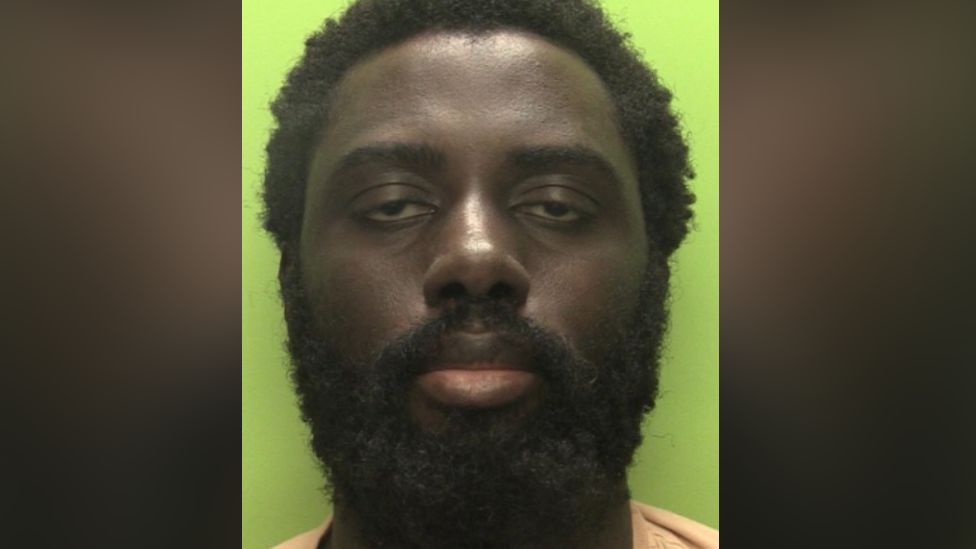By Samantha Jones-
The families of three individuals tragically killed in the Nottingham attacks are urging for changes to homicide laws after a recent review of the case. Barnaby Webber, Grace O’Malley-Kumar, and Ian Coates lost their lives on June 13 in a series of stabbings.
Valdo Calocane, diagnosed with paranoid schizophrenia, was subsequently given a hospital order in January for manslaughter based on diminished responsibility.
The HM Crown Prosecution Service Inspectorate (HMCPSI) conducted an investigation into the handling of the case by the Crown Prosecution Service (CPS) following complaints from the victims’ families.
The families expressed frustration at not being provided with adequate information regarding the direction of the case, feeling misled by initial police assessments that suggested clear murder charges.
Although inspectors concluded that prosecutors were justified in accepting manslaughter pleas, they acknowledged shortcomings in communication and recommended a broader categorization of homicide into three tiers. They are: first degree murder, second degree murder, and manslaughter, aligning with recommendations made by the Law Commission nearly two decades ago.
The families of the victims, while disappointed with the report’s findings, emphasize the urgent need for legal reform. Emma Webber, mother of Barnaby Webber, lamented, “Until the law changes in this country, the diminished responsibility charge and plea means murderers will get away with murder.”

Valdo Calocane Image: Nottinghamshire Police
This sentiment was echoed by James Coates, son of Ian Coates, who expressed feeling sidelined by the legal process, stating, “We felt we were told what was going to happen and we weren’t given an option.”
The case has re-opened a debate on the intersection of mental health and criminal responsibility. Dr. Sanjoy Kumar, father of Grace O’Malley-Kumar, questioned whether individuals diagnosed with paranoid schizophrenia can be held accountable for murder under current laws.
He highlighted the perplexing reality that individuals with mental health conditions may see their charges downgraded to manslaughter, a prospect deemed “abhorrent” by Mrs. Webber.
The CPS, in response to the review, emphasized the complexity of such cases and the necessity of acting with professionalism and independence.
Director of Public Prosecutions Stephen Parkinson pledged to carefully consider the report’s findings, acknowledging the difficult decisions faced by prosecutors in tragic and complex circumstances.
The Nottingham attacks have sparked broader conversations about the role of victims in the criminal justice system and the need for greater clarity and support.
While legal reform may offer some resolution for the families affected, it confirms the ongoing challenges in balancing justice, mental health considerations, and victims’ rights within the legal framework. As the nation grapples with these complex issues, the calls for reform serve as a poignant reminder of the imperative to ensure fairness and accountability in the pursuit of justice.

AD: Heritage And Restaurant Lounge Bar
-
Share On
- Categories
- Date



